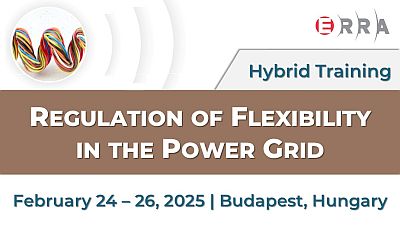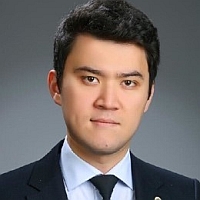

The ERRA hybrid course “Regulation of Flexibility in the Power grid” aims to provide participants with an in-depth understanding of the different sources of flexibility in the power system, market trends, flexibility services, barriers to flexibility and related regulatory solutions. Participants will learn how regulation can support flexibility in the power system, and how the regulatory and legal framework can be setup for this purpose. The course covers both transmission and distribution flexibility issues, barriers and solutions, and explains the importance of flexibility in operating the power system. The course is designed to ensure the active engagement of the students via individual project work relevant for their professional activities, and class interaction with the other students.
This course is eligible for 10 CER credits. More information on the Certified Energy Regulator (CER).
Course Faculty Team
Jacques Warichet
Course Instructor
Course Director's Invitation
I would like to invite all interested parties to the course on Regulation of Flexibility in the Power Grid provided by ERRA. The course is critical for all those professionals working in the power sector, and wider energy sector, in order to learn how to structure and implement effective regulation that can enable flexibility in all of its forms in the power system.
During the course of three days, we will first learn in what form flexibility can be delivered and what are its drivers and uses within the power system. All of these aspects will be explored at both the transmission and distribution grid level. We will then explore the regulatory barriers that are in place to the creation and delivery of flexibility across the power system and finally define the regulatory solutions to such barriers.
Participants of the course will therefore gain a complete set of knowledge and skills to design and implement effective regulation to enable flexibility in the power system. Such knowledge and skills will include the ability to identify possible regulatory hurdles and solutions, as well as how to design regulations for flexibility across different parts of the power system. This comprehensive approach makes the course both unique and effective for all participants.
Student Testimonials
Mr. Intars Birzins, PUC, Latvia
Mr. Aleksandar Chebotarev , ERC, North Macedonia
overall rating of the course





